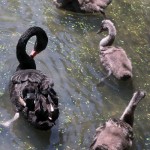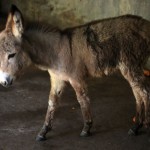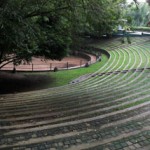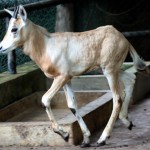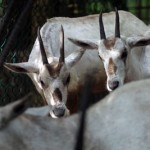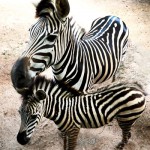News
Lanka’s zoos welcome baby boomers
View(s):The stork is busy, visiting animals at Sri Lanka zoological gardens and giving them glad tidings that they are going to be parents.
As the Dehiwala zoo, the Pinnawela zoo and the Ridiyagama safari park remain closed due to COVID-19-related travel restrictions, the animals are left to themselves and seem to be having more time and freedom to be amorous.
National Zoological Gardens Director General Ishini Wickremesinghe says they are recording an increase in animal births in these parks. Some zoo animals and bird species have started to breed — the result of regular closure of zoos as part of measures to control the spread of the pandemic, the DG says.
“Zoo animals are exhibiting stress-free behaviours due to the absence of visitors. The staff are keeping the dens within enclosures open, allowing the animals to move more freely within the full extent of their enclosures,” she says.
The DG notes that as a result of the peaceful and stress-free atmosphere within the Dehiwala zoo, even some animals and birds which seldom breed have started to breed.
At the Dehiwala zoo, the black swans have, for the first time, given birth to five chicks. We also recorded the births of two white peacocks on May 3. Their parents were brought to the zoo two years ago. The blue ringneck parakeets (a colour morph of the Indian ringneck parakeet) produced two chicks in April, according to the DG.
The zoo also saw the vulnerable Arabian Oryx giving birth to five calves from January. The latest delivery took place yesterday.
The North African Scimitar Horned Oryx too gave birth to a calf in April, while an Indian black buck too produced a calf in March.
In addition to that, two zebra foals and one donkey foal were born in February and March.
The story is almost the same at the Ridiyagma Safari Park in Hambantota and the zoo in Pinnawala, the DG said.
- Mother black swan with her new born chicks
- The new addition to the donkey family
- The Dehiwala Zoo remains closed for visitors due to Covid restrictrions. Pix by M.A. Pushpakumara
- A Scimitar Horned Oryx baby
- Mother Arabian Oryx gave birth to five babies this year
- Mother Zebra with baby zebra


